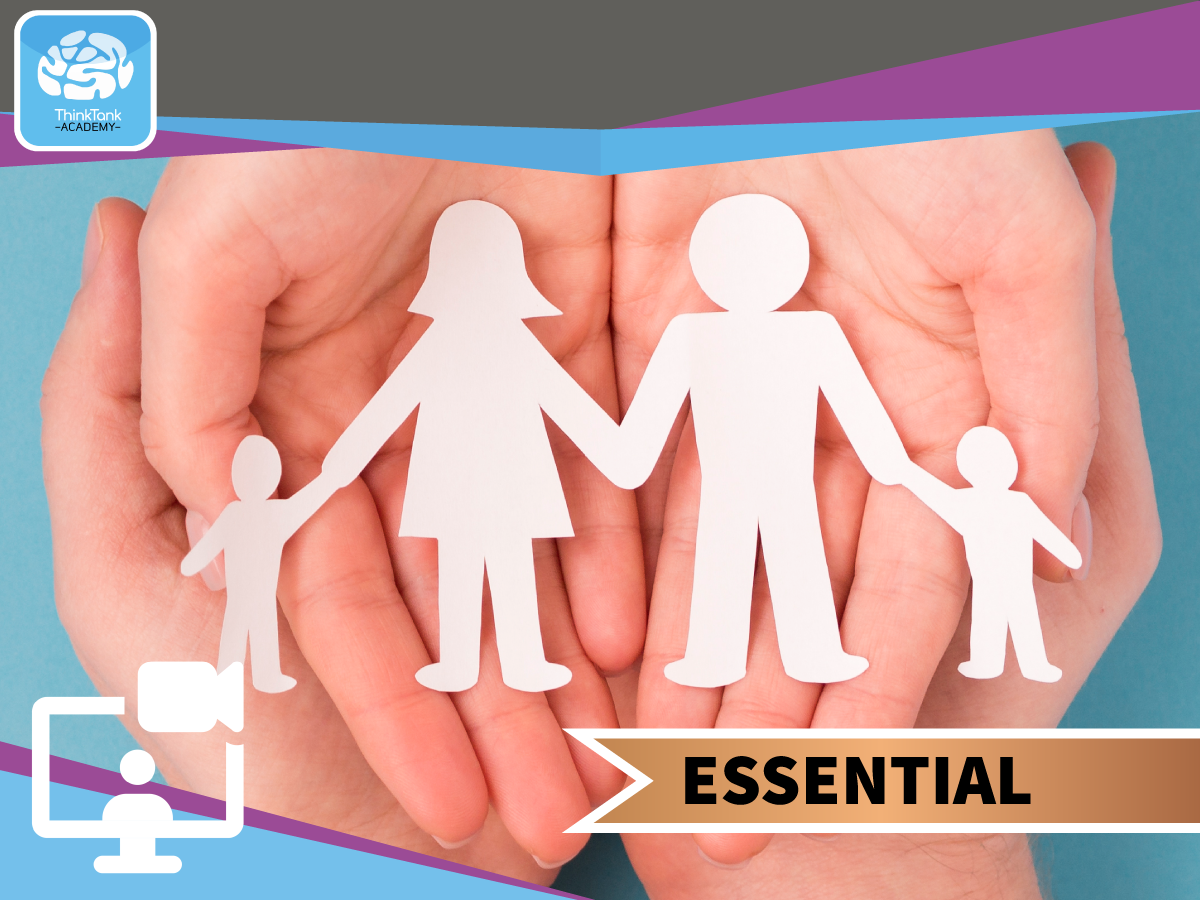
Safeguarding Children - Children's Care - Essential Level
Course Overview This course provides progression from the Safeguarding Children Foundation Level Online course. This is a training session for people working with children and young people. Learners will be encouraged to think about their responsibilities in safeguarding, the process to follow when allegations and disclosures are made and how to respond to poor practice. The course features a range of group work, activities and discussions to enhance learner skill development. This training session can be accessed via a link and is accessible from a range of devices including IOS and Android platforms. This course offers a blended learning approach including a short scenario, a workbook, infographics and a classroom style training session. Aims & Objectives Understanding what Safeguarding means in relation to Children Identify why children are vulnerable and what the signs and indicators are Understand how to respond and record and what needs to be reported Identify what poor practice and what unsafe practice looks like Understand how to whistle blow and what this means Introduce the Complaints Procedure and policies in relation to this Course Audience Health Care Workers, Social Care Workers, Support Centre Practitioners, Youth Workers, Children’s Support Worker, Nursing Staff, Residential Care Staff, Teachers, Psychologists and Assistants, Nursery Workers
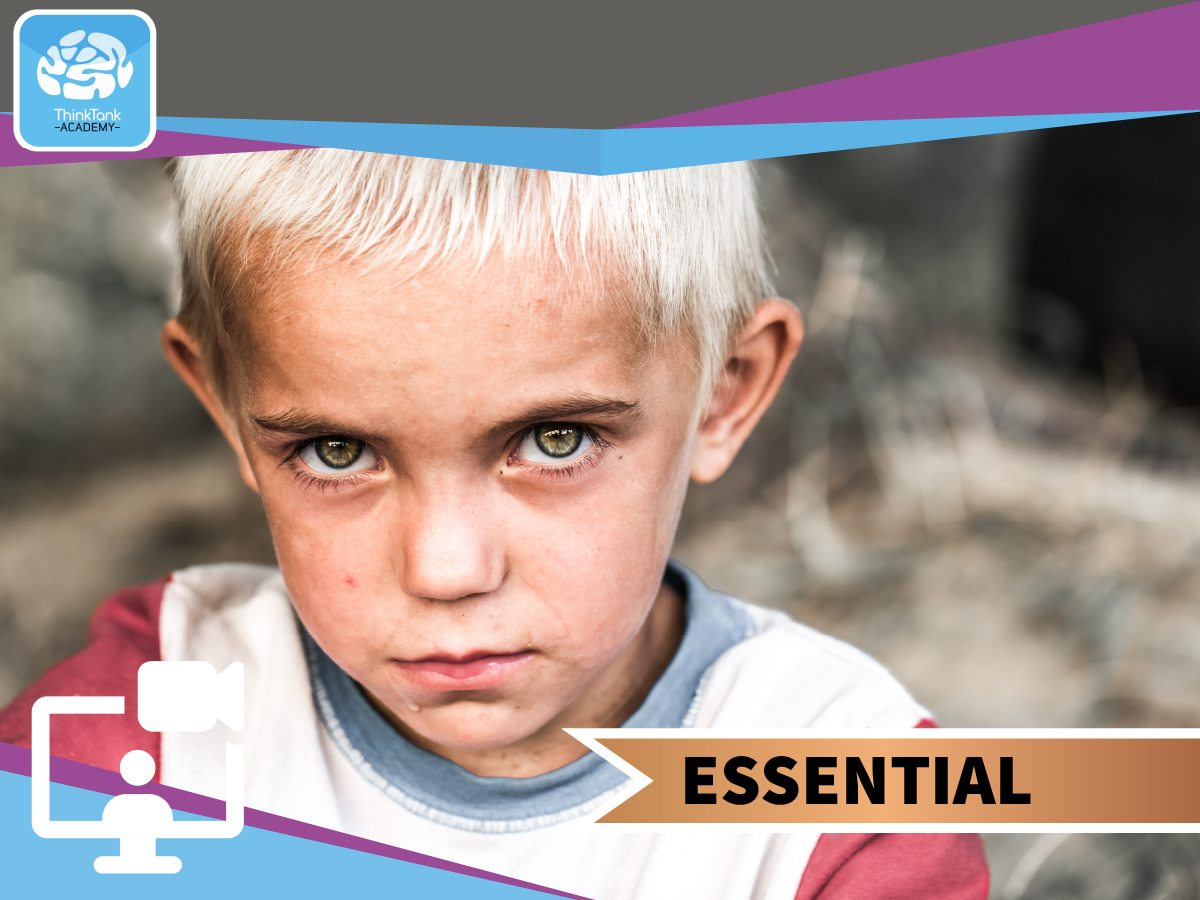


Exploitation Awareness - Children's Care - Essential Level
Course Overview Exploitation Awareness - Children's Care - Essential Level training course is designed to highlight the fact that Child Exploitation refers to a child or young person being used for someone else’s gain and that Child exploitation is a form of abuse which can involve sexual, abusive or manipulative behaviour. This course supports practitioners to recognise the indicators and respond appropriately to individuals that are being Exploited. It includes the ‘grooming process’ and how perpetrators manipulate young people into inappropriate relationships and risky behaviours It incorporates the relevant legislation around Exploitation and provides advice on how to support children and young people who have suffered this type of abuse and some excellent resources around Exploitation and who we can signpost to. This course can be delivered in face-to-face classroom environment or a virtual classroom via a webinar: on PC, laptop etc. For mobile phones it is recommended to use the app for IOS or Android devices. Aims and Objectives Give an understanding of the scale of the issue CSE and CCE Include a background of exploitation Recognise the stages of grooming Identify the signs of CSE and CCE Recognise the lessons learned from the Rotherham Raise awareness of County lines Push/ Pull Factors Protocols Resources & Links Course Audience All practitioners that engage with Children and Young People in the workplace (sports, education, health and social care, criminal justice, hospitality, retail, Guides/ Scouts, Volunteers etc).
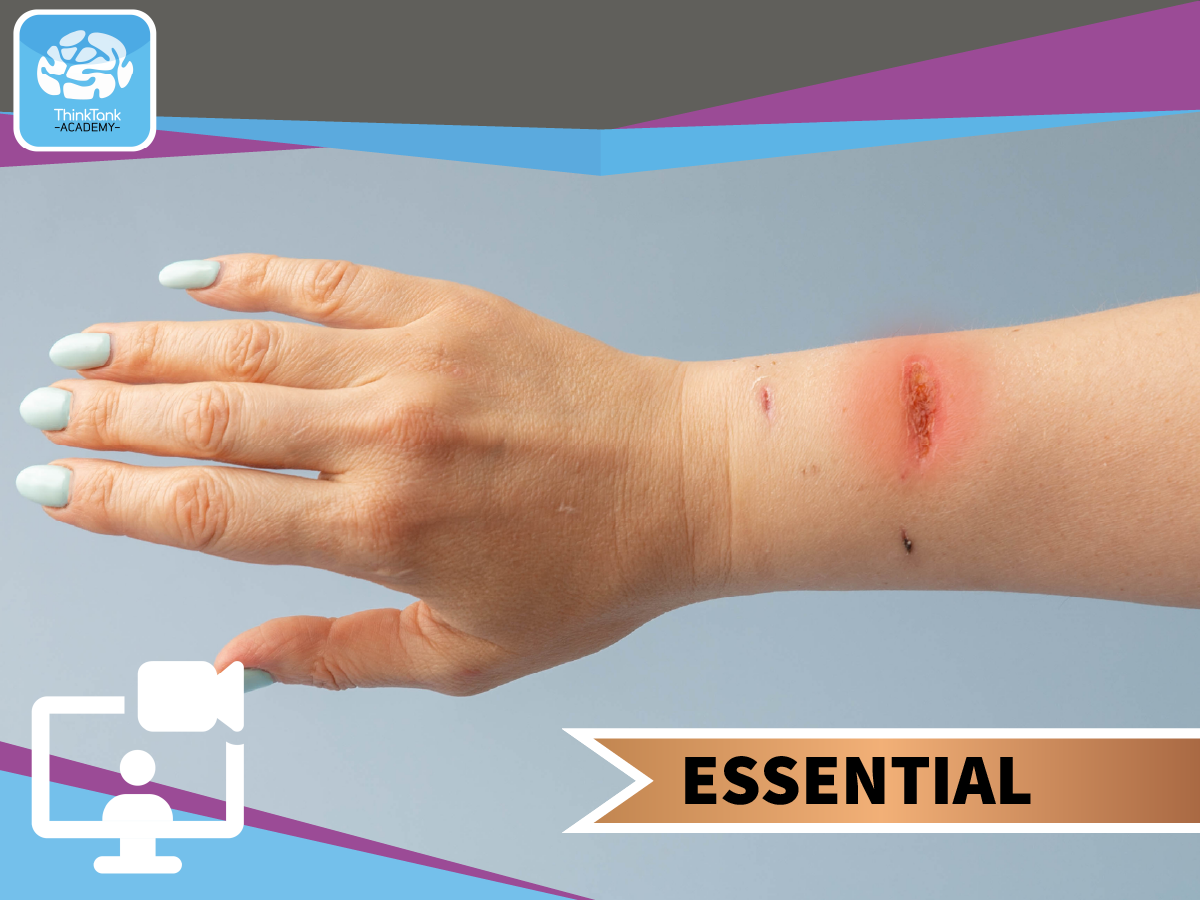


Self-Harm Awareness - Children's Care - Essential Level
Course Overview Self-Harm Awareness - Children's Care - Essential Level training course outlines the basic understanding of self-harm and suicide. It explores ways to prevent and reduce harm caused by children and young people within the work environment. Included are different strategies and techniques to be referred and incorporated into practice. Learners will be able to identify common signs and symptoms of an individual who self-harms as well as be able to relate to the likelihood of individuals to attempt suicide. It has been designed to develop tools and techniques to be used to respond to self-harm and suicide ideation. This course can be delivered in face-to-face classroom environment or a virtual classroom via a webinar: on PC, laptop etc. For mobile phones it is recommended to use the app for IOS or Android devices. Aims & Objectives Give an understanding of self-harm and suicide Understand the associated risk factors Explore harm minimisation and prevention Increase our confidence Provide tools and techniques to respond to suicide ideation and self-harm Resources & Links Course Audience This course is designed for people who work in the social care sector with children and young people who may be at risk of self-harm or suicide.



Introduction to Supervision and Appraisal - Children's Care - Essential Level
Course Overview Introduction to Supervision and Appraisal - Children's Care - Essential Level training course is designed for staff members new to supervising staff. It supports workers to understand what supervision and appraisals are, when they must be held and the reason to why. It talks about how to hold a productive supervision so that you get the best from your team. What you must record and track. The layout for a productive supervision and appraisal. The course content also takes the care standards into consideration. It will inform staff of what they must do to meet each standard and regulation, how this information is critical for supporting your team and the right routes for sharing information. This course can be delivered in face-to-face classroom environment or a virtual classroom via a webinar: on PC, laptop etc. For mobile phones it is recommended to use the app for IOS or Android devices. Aims & Objectives Understand what regulations need to be met How to conduct yourself in a supervision How best to plan your supervision Gaining feedback from your supervisee How to manage conflict and deal with tough subject matter How to store and share information Course Audience Practitioners in the Children Social and Health Care sector
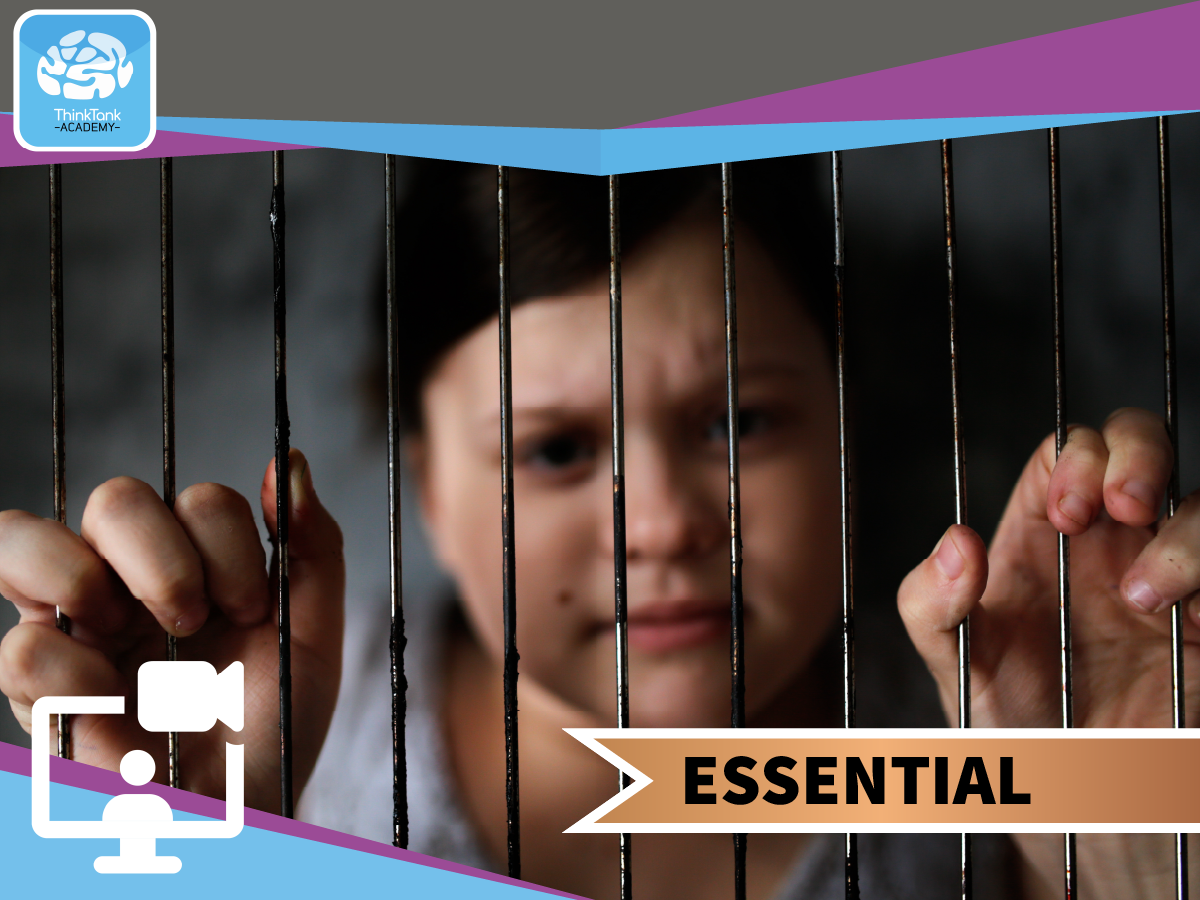

Trauma - Children's Care - Essential Level
Course Overview Trauma - Children's Care - Essential Level training course is designed to aid understanding of Trauma and how it can affect the lives of people long after the event that caused it. An understanding of what causes it will be provided along with techniques and strategies to reduce the negative impact it leaves on people. The activities encourage reflection that can be implemented into practice. Then, the quiz is completed at the end of the course to consolidate learning. A session re-cap is held where the learner can ask any further questions and key factors are stated by the Tutor. Learners are given the opportunity to reflect on what they have gained from the programme. The course features a range of group work, activities and discussions to enhance learner skill development. This training session can be accessed via a link and is accessible from a range of devices including IOS and Android platforms. Aims & Objectives Define Trauma and how the body responds to it Give examples of traumatic experiences and reactions to Trauma Discuss the effects of Trauma on Children and Young People Highlight trauma triggers and responses Give an overview of trauma informed care Discuss that challenges that staff can face and give advice on how to help Children and Young People and the importance of self-care Course Audience Health Care Workers, Social Care Workers, Nursing staff, Day Care/Centre workers, Home Care Staff, Agency staff.
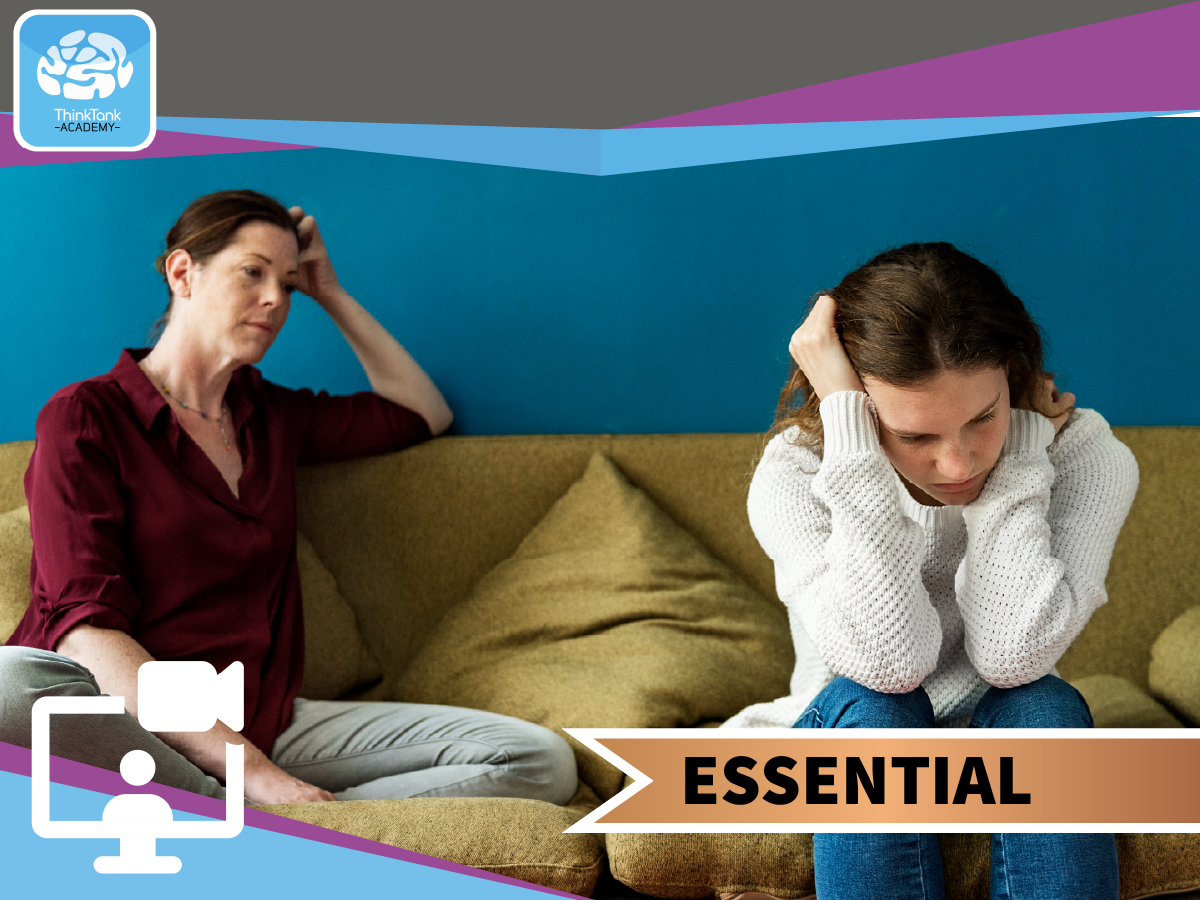

Attachment - Children's Care - Essential Level
Course Overview Attachment - Children's Care - Essential Level training course aims to provide learners with an understanding and awareness of Attachment and encourages each learner to reflect on their own personal attachments and their practice in relation to working with individuals with Attachment Disorders. The course explores the background of Attachment and how early Theorists developed the concepts that underpin Attachment Theory that we still use today. The course features a range of group work, activities and discussions to enhance learner skill development. This course can be delivered in face-to-face classroom environment or a virtual classroom via a webinar: on PC, laptop etc. For mobile phones it is recommended to use the app for IOS or Android devices. Aims & Objectives Define Attachment Disorder Be aware of the underpinning theory of Attachment Identify barriers for Children with insecure attachments Recognise and manage behaviours linked to negative attachments Suggest Strategies to support children with poor Attachments Course Audience Health Care Workers, Social Care Workers, Children’s Centre Practitioners, Education Support Staff and Youth Workers
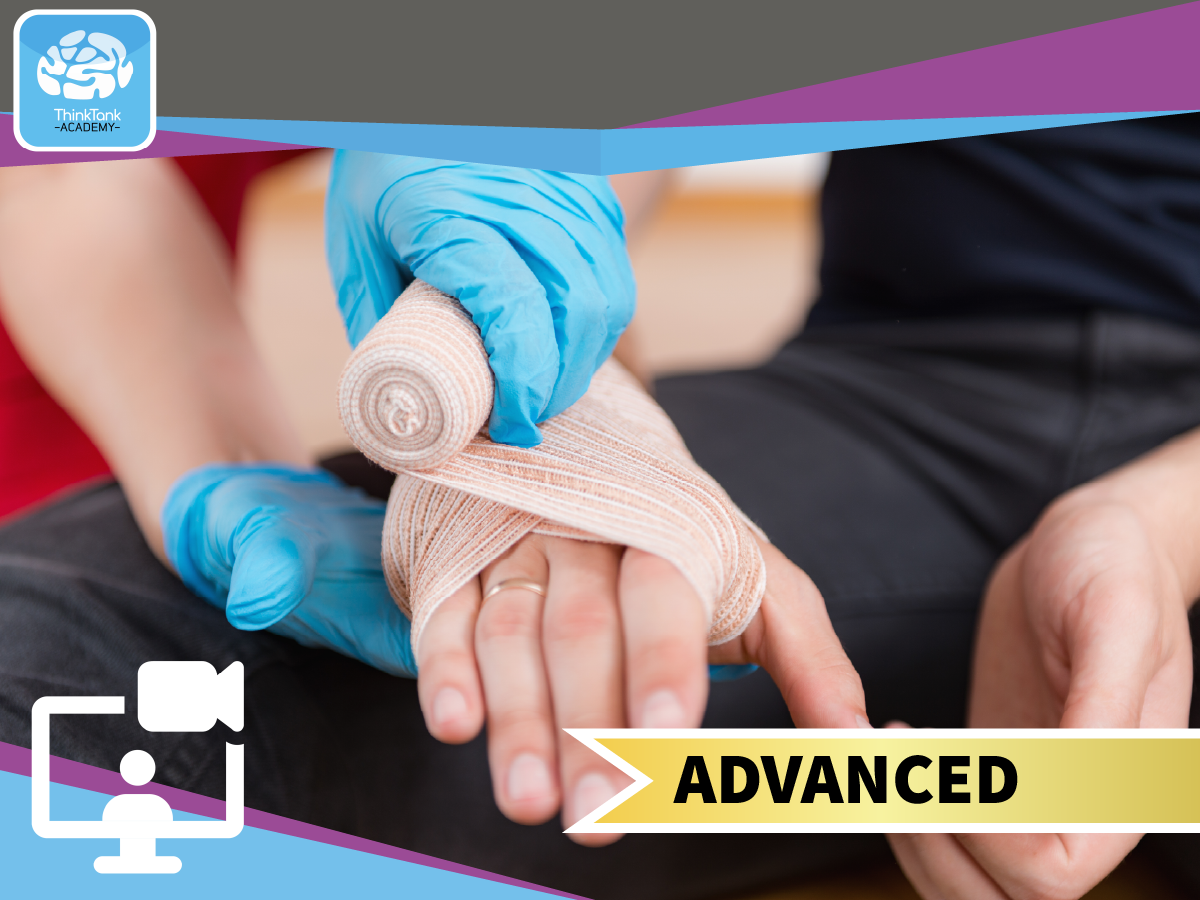

First Aid at Work - Adult and Children's Care - Advanced Level
Course Description First Aid at Work - Adult and Children's Care - Advanced Level - 2 Day Course training course is designed specifically to train people face to face, who are required to be First Aiders at Work. It includes all aspects of First Aid including CPR and the use of defibrillators. It gives an in-depth insight into various illnesses, diseases, conditions, and injuries that are commonly seen in the workplace. There is an element of both practical competency and First Aid knowledge included which gives the learners the best chance possible of helping a person who is injured, the prevention of further injuries and even saving lives. The use of equipment is involved in the course along with demonstrations of treating and bandaging injuries and wounds, stemming bleeds and how to deal with a person who is choking. This course can be delivered in face-to-face classroom environment or a virtual classroom via a webinar: on PC, laptop etc. For mobile phones it is recommended to use the app for IOS or Android devices. Aims and Objectives To provide candidates with the knowledge and expertise to qualify as a first aider within the workplace Describe your actions in an emergency Demonstrate the management of the unresponsive casualty Demonstrate adult resuscitation including use of the AED Describe how to recognise and treat bleeding and shock Explain the management of adult choking Explain the treatment of minor and major injuries Course Audience This course is designed for anyone who is required to be a First Aider in the Workplace.
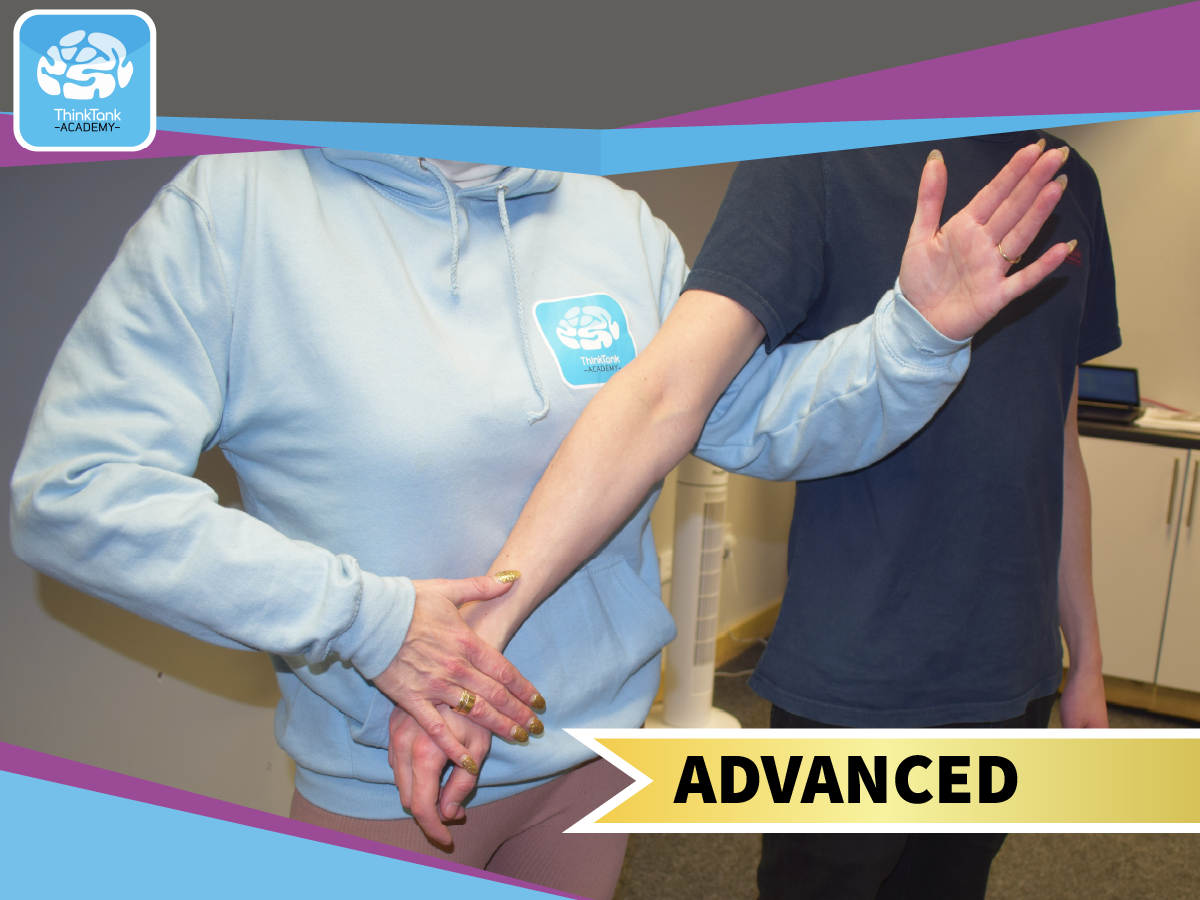



T.A.N.K. Positive Behaviour Support and Physical Intervention - Children's Care (Refresher) - Advanced Level
forthcoming




T.A.N.K. Positive Behaviour Support and Physical Intervention - Children's Care - Advanced Level
T.A.N.K. Positive Behaviour Support and Physical Intervention - Children's Care - Advanced Level THINK – ASSESS – NURTURE – KEEP CONTROL Course Overview T.A.N.K. is two-day, classroom-based training programme, designed specifically to help people working with children and vulnerable adults, who can often display challenging behaviour whilst in crisis. T.A.N.K. focuses on developing an understanding of how this behaviour can present itself in the care environment. It provides both theoretical and practical skills to help delegates respond positively employing strategies and interventions that can safely de-escalate situation, minimising the risk to themselves and young person. Delegates are supported to analyse different behaviours, dynamically risk manage situations, considering strategies and interventions to safely manage behaviour. Delegates will analyse and reflect on relationship between trauma attachment, mood, and behaviour leading to long-term improvement. The course features group work, practical activities, and discussion to enhance skills development. Our highly experienced Trainers are passionately dedicated to reducing the use of physical restraints, and although the use of restraints and physical intervention are included, this is as a last resort, only using these when all other strategies have proved unsuccessful. Aims and Objectives Interventions which impact positively on the delegate and the people they support Demonstrate how to positively reinforce good behaviour Reflect on positive and negative consequences of behaviour Provide a toolkit that delegates can use to provide safe and meaningful intervention Introduce the concept of social reinforcement and how this can work in care and support environments Course Audience Residential Care Workers, Health Care Workers, Social Care Workers, Children’s Centre Practitioners, Youth Workers, Teachers and Early Years Practitioners




T.A.N.K. Positive Behaviour Support and Physical Intervention - Children's Care (Refresher) - Advanced Level
forthcoming




T.A.N.K. Positive Behaviour Support and Physical Intervention - Children's Care - Advanced Level
T.A.N.K. Positive Behaviour Support and Physical Intervention - Children's Care - Advanced Level THINK – ASSESS – NURTURE – KEEP CONTROL Course Overview T.A.N.K. is two-day, classroom-based training programme, designed specifically to help people working with children and vulnerable adults, who can often display challenging behaviour whilst in crisis. T.A.N.K. focuses on developing an understanding of how this behaviour can present itself in the care environment. It provides both theoretical and practical skills to help delegates respond positively employing strategies and interventions that can safely de-escalate situation, minimising the risk to themselves and young person. Delegates are supported to analyse different behaviours, dynamically risk manage situations, considering strategies and interventions to safely manage behaviour. Delegates will analyse and reflect on relationship between trauma attachment, mood, and behaviour leading to long-term improvement. The course features group work, practical activities, and discussion to enhance skills development. Our highly experienced Trainers are passionately dedicated to reducing the use of physical restraints, and although the use of restraints and physical intervention are included, this is as a last resort, only using these when all other strategies have proved unsuccessful. Aims and Objectives Interventions which impact positively on the delegate and the people they support Demonstrate how to positively reinforce good behaviour Reflect on positive and negative consequences of behaviour Provide a toolkit that delegates can use to provide safe and meaningful intervention Introduce the concept of social reinforcement and how this can work in care and support environments Course Audience Residential Care Workers, Health Care Workers, Social Care Workers, Children’s Centre Practitioners, Youth Workers, Teachers and Early Years Practitioners



Self-Harm Awareness - Children's Care - Essential Level
Course Overview Self-Harm Awareness - Children's Care - Essential Level training course outlines the basic understanding of self-harm and suicide. It explores ways to prevent and reduce harm caused by children and young people within the work environment. Included are different strategies and techniques to be referred and incorporated into practice. Learners will be able to identify common signs and symptoms of an individual who self-harms as well as be able to relate to the likelihood of individuals to attempt suicide. It has been designed to develop tools and techniques to be used to respond to self-harm and suicide ideation. This course can be delivered in face-to-face classroom environment or a virtual classroom via a webinar: on PC, laptop etc. For mobile phones it is recommended to use the app for IOS or Android devices. Aims & Objectives Give an understanding of self-harm and suicide Understand the associated risk factors Explore harm minimisation and prevention Increase our confidence Provide tools and techniques to respond to suicide ideation and self-harm Resources & Links Course Audience This course is designed for people who work in the social care sector with children and young people who may be at risk of self-harm or suicide.



Exploitation Awareness - Children's Care - Essential Level
Course Overview Exploitation Awareness - Children's Care - Essential Level training course is designed to highlight the fact that Child Exploitation refers to a child or young person being used for someone else’s gain and that Child exploitation is a form of abuse which can involve sexual, abusive or manipulative behaviour. This course supports practitioners to recognise the indicators and respond appropriately to individuals that are being Exploited. It includes the ‘grooming process’ and how perpetrators manipulate young people into inappropriate relationships and risky behaviours It incorporates the relevant legislation around Exploitation and provides advice on how to support children and young people who have suffered this type of abuse and some excellent resources around Exploitation and who we can signpost to. This course can be delivered in face-to-face classroom environment or a virtual classroom via a webinar: on PC, laptop etc. For mobile phones it is recommended to use the app for IOS or Android devices. Aims and Objectives Give an understanding of the scale of the issue CSE and CCE Include a background of exploitation Recognise the stages of grooming Identify the signs of CSE and CCE Recognise the lessons learned from the Rotherham Raise awareness of County lines Push/ Pull Factors Protocols Resources & Links Course Audience All practitioners that engage with Children and Young People in the workplace (sports, education, health and social care, criminal justice, hospitality, retail, Guides/ Scouts, Volunteers etc).


Recording and Reporting - Children's Care - Essential Level
Course Overview This course is designed to improve recording and reporting practices in children's health and social care sector. All major high profile serious case reviews have found that recording mistakes were present. The course identifies correct practice and processes for the handling, storing and processing of data including the GDPR legislation and what must be recorded and how by distinguishing the differences between fact, opinion and judgement for professional documentation. It also provides guidance for effective and sufficient reporting of incidents within a care setting. The positive aspects of recording such as Life story Work which is imperative for identity purposes of the Children and Young People that we work with are included. This course can be delivered in face-to-face classroom environment or a virtual classroom via a webinar: on PC, laptop etc. For mobile phones it is recommended to use the app for IOS or Android devices. Aims & Objectives Describe why reports have to be written Explain the meaning of ‘ethical writing’ Identify what to include in reports Recognise the difference between fact, opinion, judgement and hearsay Display documentation Course Audience This course is designed for Practitioners working with Families or Children and Young People.



Safeguarding Children - Children's Care - Essential Level
Course Overview This course provides progression from the Safeguarding Children Foundation Level Online course. This is a training session for people working with children and young people. Learners will be encouraged to think about their responsibilities in safeguarding, the process to follow when allegations and disclosures are made and how to respond to poor practice. The course features a range of group work, activities and discussions to enhance learner skill development. This training session can be accessed via a link and is accessible from a range of devices including IOS and Android platforms. This course offers a blended learning approach including a short scenario, a workbook, infographics and a classroom style training session. Aims & Objectives Understanding what Safeguarding means in relation to Children Identify why children are vulnerable and what the signs and indicators are Understand how to respond and record and what needs to be reported Identify what poor practice and what unsafe practice looks like Understand how to whistle blow and what this means Introduce the Complaints Procedure and policies in relation to this Course Audience Health Care Workers, Social Care Workers, Support Centre Practitioners, Youth Workers, Children’s Support Worker, Nursing Staff, Residential Care Staff, Teachers, Psychologists and Assistants, Nursery Workers




T.A.N.K. Positive Behaviour Support and Physical Intervention - Children's Care (Refresher) - Advanced Level
forthcoming




T.A.N.K. Positive Behaviour Support and Physical Intervention - Children's Care - Advanced Level
T.A.N.K. Positive Behaviour Support and Physical Intervention - Children's Care - Advanced Level THINK – ASSESS – NURTURE – KEEP CONTROL Course Overview T.A.N.K. is two-day, classroom-based training programme, designed specifically to help people working with children and vulnerable adults, who can often display challenging behaviour whilst in crisis. T.A.N.K. focuses on developing an understanding of how this behaviour can present itself in the care environment. It provides both theoretical and practical skills to help delegates respond positively employing strategies and interventions that can safely de-escalate situation, minimising the risk to themselves and young person. Delegates are supported to analyse different behaviours, dynamically risk manage situations, considering strategies and interventions to safely manage behaviour. Delegates will analyse and reflect on relationship between trauma attachment, mood, and behaviour leading to long-term improvement. The course features group work, practical activities, and discussion to enhance skills development. Our highly experienced Trainers are passionately dedicated to reducing the use of physical restraints, and although the use of restraints and physical intervention are included, this is as a last resort, only using these when all other strategies have proved unsuccessful. Aims and Objectives Interventions which impact positively on the delegate and the people they support Demonstrate how to positively reinforce good behaviour Reflect on positive and negative consequences of behaviour Provide a toolkit that delegates can use to provide safe and meaningful intervention Introduce the concept of social reinforcement and how this can work in care and support environments Course Audience Residential Care Workers, Health Care Workers, Social Care Workers, Children’s Centre Practitioners, Youth Workers, Teachers and Early Years Practitioners



Life Story Work - Children's Care - Essential Level
Course Overview Life Story Work - Children's Care - Essential Level training course is designed to aid understanding and awareness of Life Story Work, it encourages each learner to reflect on their practices and others. An insight into the importance of Life Story Work especially in regard to identity. We will introduce models and strategies to improve Life Story Work and activities to support the learner will professional application in their areas of work, this will include recognising cultural, ethnical and disability needs and diversities. The course will also outline the importance of collecting relevant items as well as how to effectively support the individuals. The course will introduce a range of group work sessions with reflective practice built in to enable them to take this back to the children they support. There are also interactive activities and discussions to enhance learner skill development. This training session can be accessed via a link and is accessible from a range of devices including IOS and Android platforms. This course offers a blended learning approach including a short scenario, a workbook, infographics and a classroom style training session. Aims & Objectives Consider the impact of early childhood experiences and the importance of Life Story Work Understand the emotional impact of Life Story Work on children and carers Gain knowledge legislation, the aims and principles of Life Story Work Recognise barriers to Life Story Work and learn how to overcome them Be aware of the importance of identity in Life Story Work including cultural diversity Course Audience Residential Care Workers, Health Care Workers, Social Care Workers, Children’s Centre Practitioners, Youth Workers


Transition Planning - Children's Care - Essential Level
Forthcoming



Introduction to Supervision and Appraisal - Children's Care - Essential Level
Course Overview Introduction to Supervision and Appraisal - Children's Care - Essential Level training course is designed for staff members new to supervising staff. It supports workers to understand what supervision and appraisals are, when they must be held and the reason to why. It talks about how to hold a productive supervision so that you get the best from your team. What you must record and track. The layout for a productive supervision and appraisal. The course content also takes the care standards into consideration. It will inform staff of what they must do to meet each standard and regulation, how this information is critical for supporting your team and the right routes for sharing information. This course can be delivered in face-to-face classroom environment or a virtual classroom via a webinar: on PC, laptop etc. For mobile phones it is recommended to use the app for IOS or Android devices. Aims & Objectives Understand what regulations need to be met How to conduct yourself in a supervision How best to plan your supervision Gaining feedback from your supervisee How to manage conflict and deal with tough subject matter How to store and share information Course Audience Practitioners in the Children Social and Health Care sector


Safeguarding for Designated Officers - Children's Care - Advanced Level
Course Overview Safeguarding for Designated Officers - Children's Care - Advanced Level - 2 Day training course provides progression from the Safeguarding Intermediate Level course. This is a full 2 day training session for people who hold designated officer roles, those in senior leadership and executive roles and those working with children. This course is to enable the learner to gain the skills needed to protect children and young adults at an operational and strategic level. Learners will be supported to analyse key legislation, guidance and demonstrate how this influences your organisation’s policies and procedures. Learners will also reflect on decision making, their own values and perspective and consider the impact that these have on professional practice. Over the two days, the session will identify barriers to reporting, the process to follow when concerns have been raised and the principles of serious case reviews and complex safeguarding investigations. The course features a range of role play, group work, case scenarios and activities and discussions to enhance learner skill development. This course offers a blended learning approach including a short scenario, a workbook, infographics and a classroom style training session. This course can be delivered in face-to-face classroom environment or a virtual classroom via a webinar: on PC, laptop etc. For mobile phones it is recommended to use the app for IOS or Android devices. Aims & Objectives Identify what is meant by safeguarding and child abuse Identify the relevant legislation and guidance that provides the framework for safeguarding young people Name the categories of child abuse and neglect and recognise the signs and indicators of each Recognise how own beliefs, experience and attitudes might influence professional involvement in safeguarding work State how to respond to concerns about the safety and welfare of a child/young person using their organisations child protection policy and procedures Identify blocks to children reporting concerns Course Audience Psychologists, Teachers, Speech Therapists, Learning Support Assistants, Residential Social Workers, Health Care Workers, Social Care Workers, Support Centre Practitioners, Youth Workers, Support Worker, Nursing Staff, Children’s Residential Care Workers, Education workers, Senior Managers and Executives working with children and vulnerable young people.



Life Story Work - Children's Care - Essential Level
Course Overview Life Story Work - Children's Care - Essential Level training course is designed to aid understanding and awareness of Life Story Work, it encourages each learner to reflect on their practices and others. An insight into the importance of Life Story Work especially in regard to identity. We will introduce models and strategies to improve Life Story Work and activities to support the learner will professional application in their areas of work, this will include recognising cultural, ethnical and disability needs and diversities. The course will also outline the importance of collecting relevant items as well as how to effectively support the individuals. The course will introduce a range of group work sessions with reflective practice built in to enable them to take this back to the children they support. There are also interactive activities and discussions to enhance learner skill development. This training session can be accessed via a link and is accessible from a range of devices including IOS and Android platforms. This course offers a blended learning approach including a short scenario, a workbook, infographics and a classroom style training session. Aims & Objectives Consider the impact of early childhood experiences and the importance of Life Story Work Understand the emotional impact of Life Story Work on children and carers Gain knowledge legislation, the aims and principles of Life Story Work Recognise barriers to Life Story Work and learn how to overcome them Be aware of the importance of identity in Life Story Work including cultural diversity Course Audience Residential Care Workers, Health Care Workers, Social Care Workers, Children’s Centre Practitioners, Youth Workers
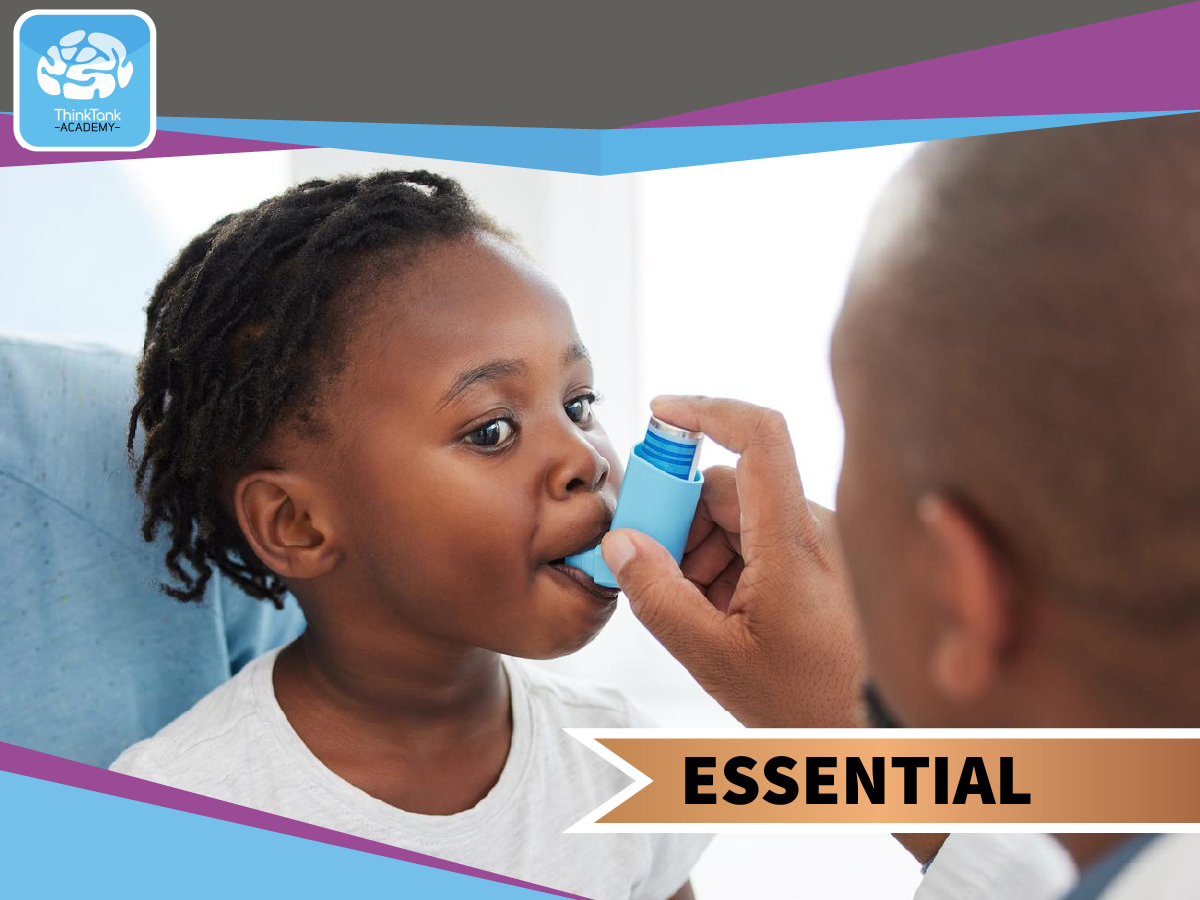



Administration of Medication for Looked After Children - Children's Care - Essential Level
Course Overview Administration of Medication for Looked After Children - Children's Care - Essential Level training course aims to support learners to understand the procedures of the homes including the recording responsibilities of the learners in the workplace. It will also cover the Rights of Medication Administration and highlights the adverse reactions that people may have to medication. The course features a range of group work, activities and discussions to enhance learner skill development. This is a half-day training session for people working with Children and Young People This training session is available in both face-to-face and virtual classroom settings. This course offers a blended learning approach including a short scenario, a workbook, infographics and a classroom style training session. Aims & Objectives Understanding the homes procedures relating to administration of medication How and what to record How to store and dispose medication safely Understand the rights of medication administration and what to do in the event of a reaction to medication Understand how to handle and avoid errors Course Audience Health Care Workers, Social Care Workers, Children’s Centre Practitioners, Youth Workers, Education Workers, Adult Support Worker, Nursing Staff




Administration of Medication for Looked After Children - Children's Care - Essential Level
Course Overview Administration of Medication for Looked After Children - Children's Care - Essential Level training course aims to support learners to understand the procedures of the homes including the recording responsibilities of the learners in the workplace. It will also cover the Rights of Medication Administration and highlights the adverse reactions that people may have to medication. The course features a range of group work, activities and discussions to enhance learner skill development. This is a half-day training session for people working with Children and Young People This training session is available in both face-to-face and virtual classroom settings. This course offers a blended learning approach including a short scenario, a workbook, infographics and a classroom style training session. Aims & Objectives Understanding the homes procedures relating to administration of medication How and what to record How to store and dispose medication safely Understand the rights of medication administration and what to do in the event of a reaction to medication Understand how to handle and avoid errors Course Audience Health Care Workers, Social Care Workers, Children’s Centre Practitioners, Youth Workers, Education Workers, Adult Support Worker, Nursing Staff




Administration of Medication for Looked After Children - Children's Care - Essential Level
Course Overview Administration of Medication for Looked After Children - Children's Care - Essential Level training course aims to support learners to understand the procedures of the homes including the recording responsibilities of the learners in the workplace. It will also cover the Rights of Medication Administration and highlights the adverse reactions that people may have to medication. The course features a range of group work, activities and discussions to enhance learner skill development. This is a half-day training session for people working with Children and Young People This training session is available in both face-to-face and virtual classroom settings. This course offers a blended learning approach including a short scenario, a workbook, infographics and a classroom style training session. Aims & Objectives Understanding the homes procedures relating to administration of medication How and what to record How to store and dispose medication safely Understand the rights of medication administration and what to do in the event of a reaction to medication Understand how to handle and avoid errors Course Audience Health Care Workers, Social Care Workers, Children’s Centre Practitioners, Youth Workers, Education Workers, Adult Support Worker, Nursing Staff